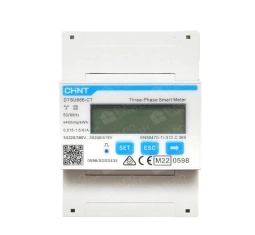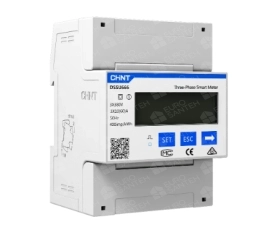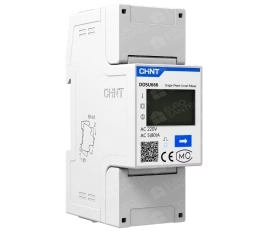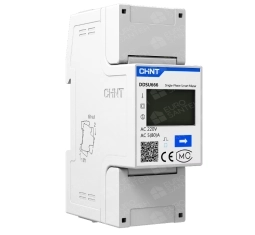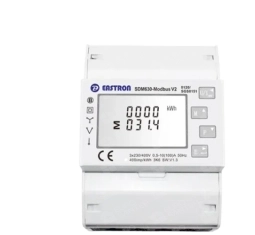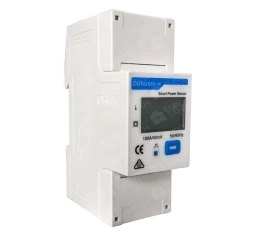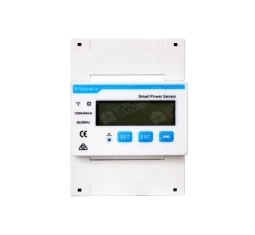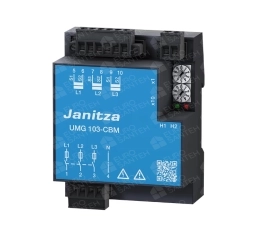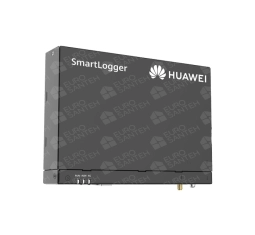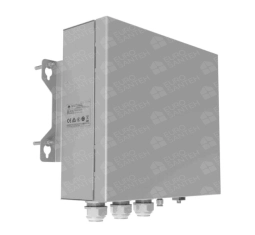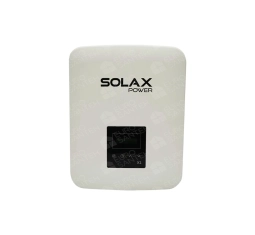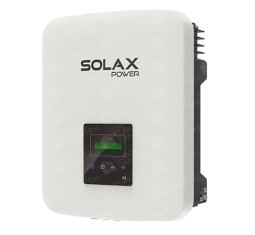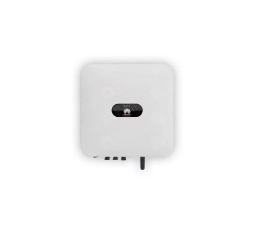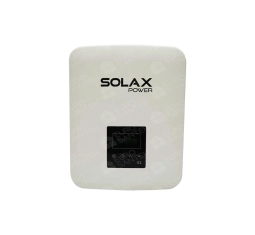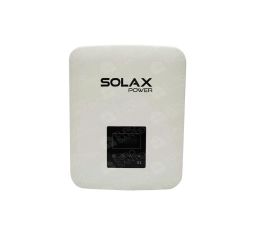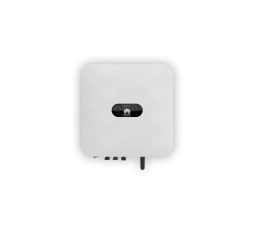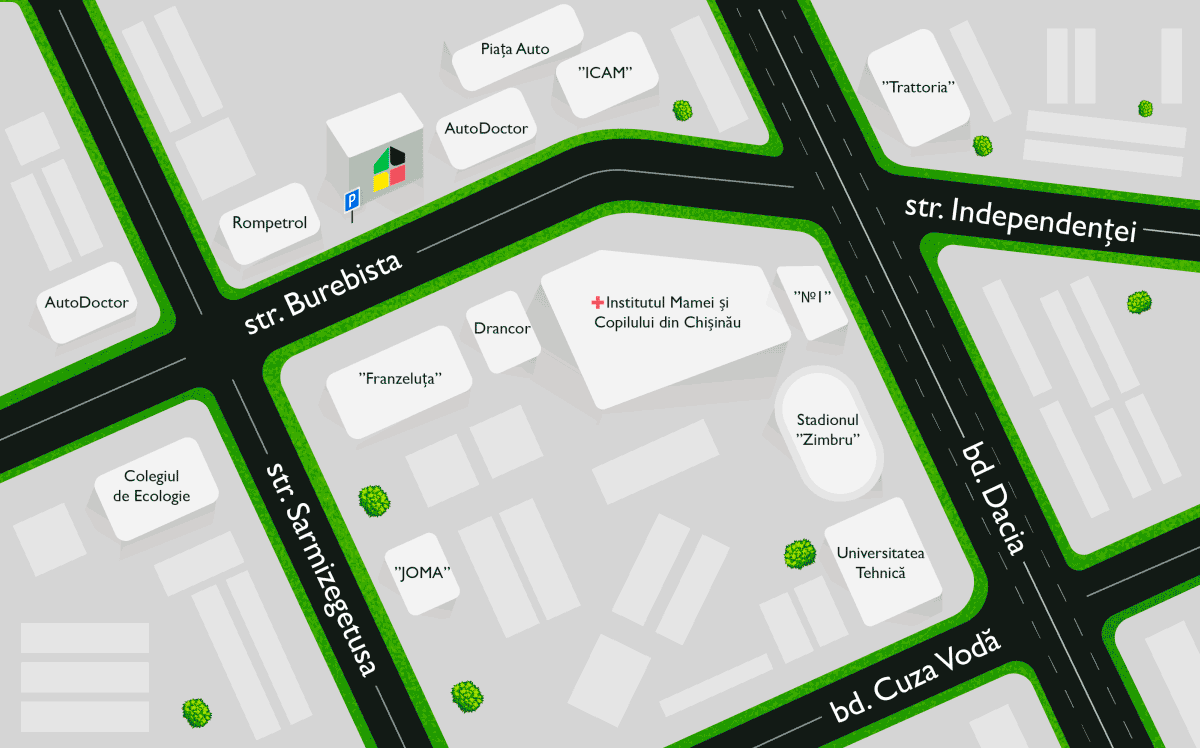Inverters and controllers
In the ever-evolving landscape of solar energy technology, inverters and controllers stand out as indispensable components, playing a pivotal role in optimizing the efficiency and performance of solar panel systems. Understanding the functions and significance of inverters and controllers is crucial for anyone looking to harness the full potential of solar power.
Inverters for Solar Panels: Unlocking Solar Energy's Potential
At the heart of a solar power system lies the inverter, a device tasked with the essential function of converting direct current (DC) produced by solar panels into alternating current (AC), the type of electricity used by most household appliances. Inverters essentially unlock the potential of solar energy by making it compatible with the electrical grid and usable for powering our homes and businesses.
There are various types of inverters catering to different needs. Pure sine wave inverters are known for delivering power with high accuracy and quality, closely resembling the electricity provided by utilities. Modified sine wave inverters, while more affordable, may be suitable for less sensitive electronic devices. Grid-tied inverters, on the other hand, synchronize with the utility grid, allowing users to feed excess electricity back into the grid and potentially receive credits.
Controllers for Solar Panels: Managing Energy Flow
Controllers, often referred to as solar charge controllers or regulators, play a critical role in managing the flow of energy between solar panels and batteries. Their primary function is to regulate the charging and discharging of batteries, ensuring they operate within safe voltage parameters. This regulation is essential for maximizing battery life and preventing overcharging or deep discharging, which could otherwise compromise the integrity of the energy storage system.
Solar charge controllers come in two main types: pulse width modulation (PWM) controllers and maximum power point tracking (MPPT) controllers. PWM controllers are a cost-effective solution suitable for smaller solar installations, while MPPT controllers are more advanced, optimizing the efficiency of the energy harvest by dynamically adjusting the electrical operating point of the modules or array.
Choosing the Right Inverter and Controller:
-
System Size: Consider the size of your solar panel system. Larger systems may benefit from grid-tied inverters, while smaller, off-grid setups might require a different type.
-
Battery Compatibility: If your system includes energy storage through batteries, ensure that the inverter and controller are compatible with the type and capacity of your batteries.
-
Efficiency Ratings: Review the efficiency ratings of both inverters and controllers. Higher efficiency means less energy loss during the conversion and storage processes.
-
Monitoring Capabilities: Look for inverters and controllers with monitoring capabilities. Some advanced models offer real-time data on energy production and consumption, allowing users to track their system's performance.
The Future of Solar Energy Management:
As technology advances, the role of inverters and controllers in solar panel systems is likely to evolve further. Integration with smart home systems, improved efficiency, and enhanced grid interactions are some of the trends shaping the future of solar energy management. Staying informed about the latest developments in inverter and controller technology can empower users to make choices that align with both their energy needs and environmental sustainability goals.
In conclusion, inverters and controllers serve as the linchpin of solar panel systems, transforming sunlight into usable electricity and efficiently managing its storage. Whether you are looking to power your home or contribute excess energy to the grid, choosing the right inverter and controller is key to unlocking the full potential of solar energy.
